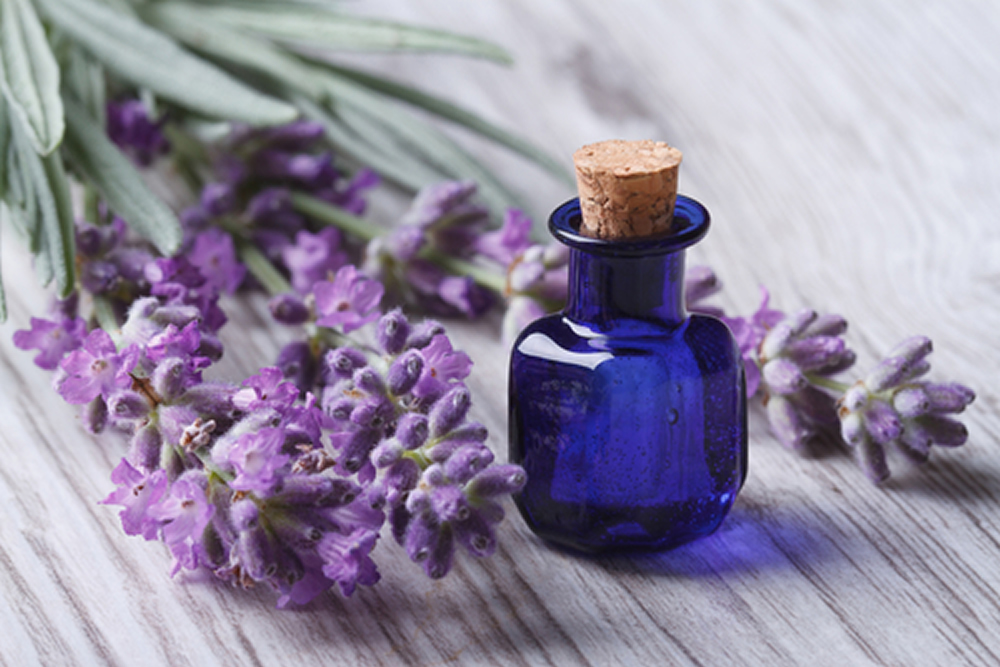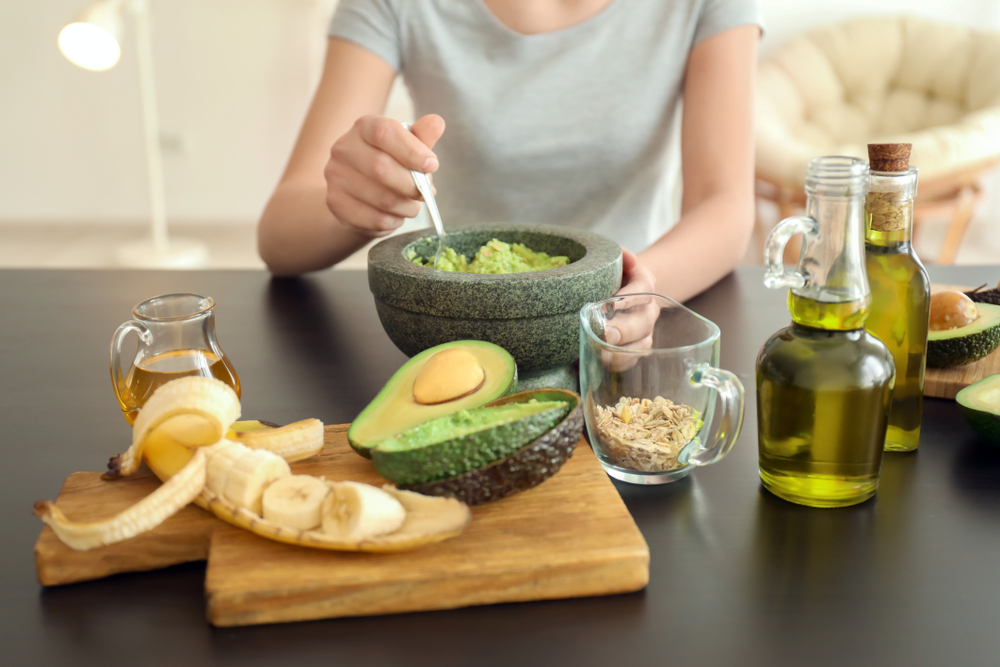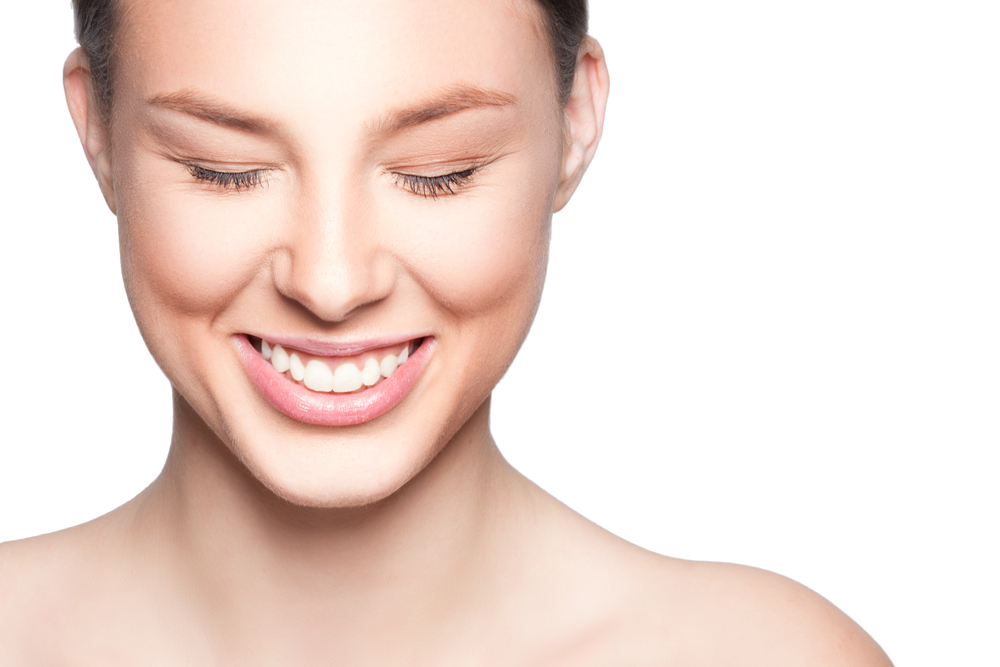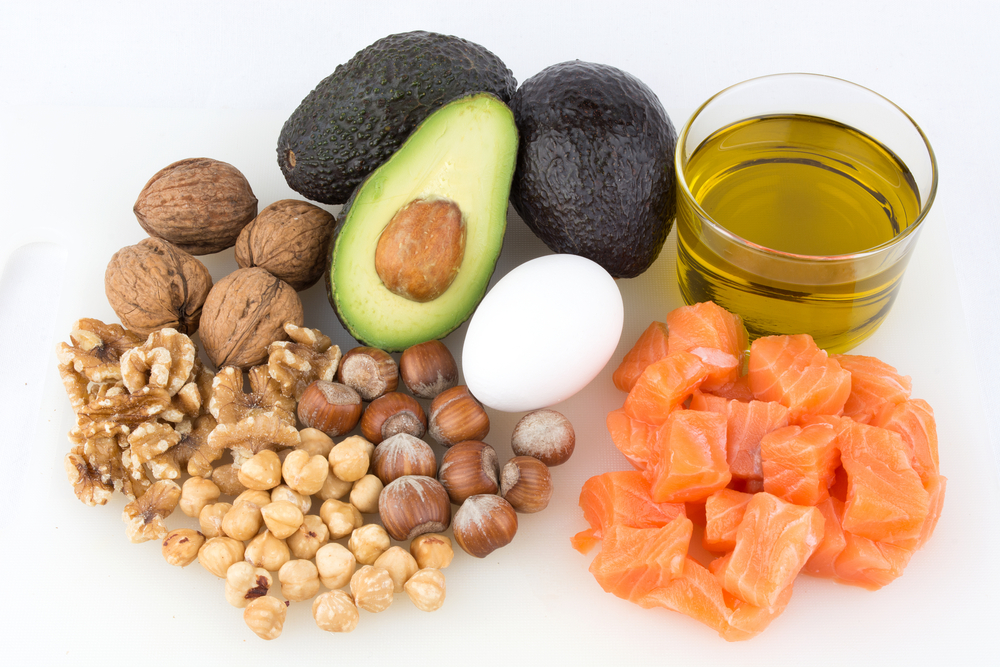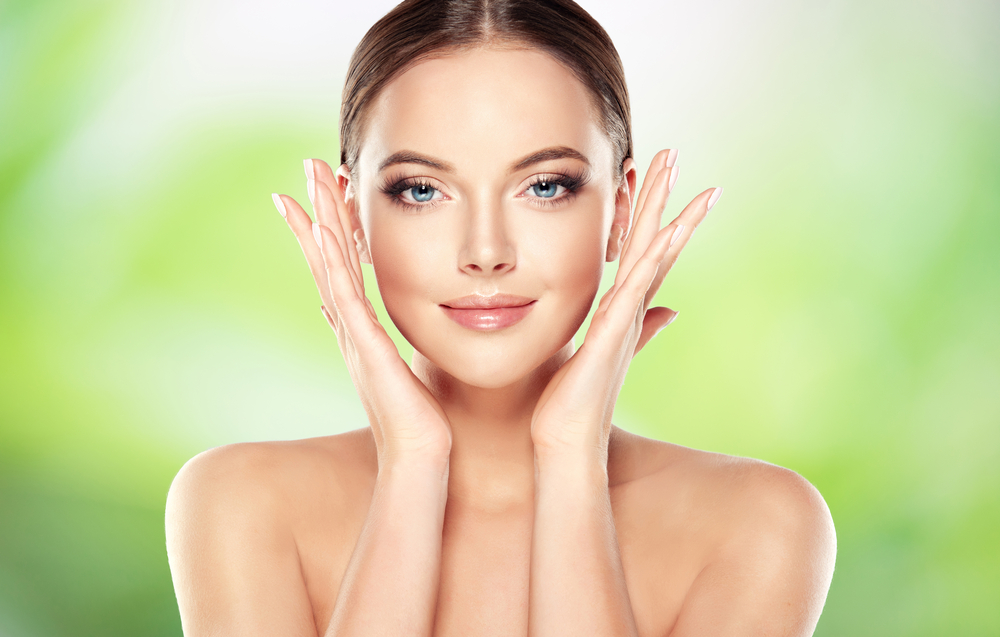Caring For Your Skin – Naturally
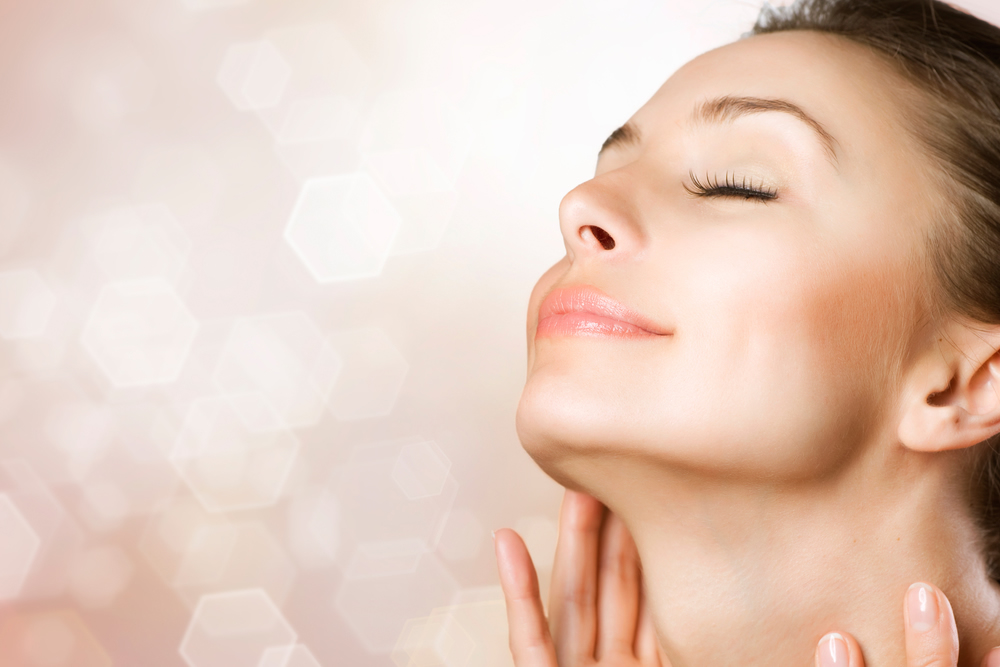
Keeping our skin looking good can be difficult and now that winter has almost come to end, let’s look at some simple ways to give it that well deserved boost. I have included natural skin care recipes for you to try that you can use as well as the best foods to eat and other great tips to help encourage healthy glowing skin.
What causes our skin to get such a hard time?
- We are constantly being exposed to heating in some shape or form: at home, in the car, at work, when we’re out and about and then having to venture out in the wind and cold temperatures. The use of an electric blanket can even dry out the skin a little.
- Taking hotter baths and showers than we normally would, which can be blissful at the time but actually takes moisture from our skin.
- Layering up of clothing can block the pores so air can’t pass through the fabric, particularly if you choose man made fibres such as nylon and polyester. The best material to allow the skin to breathe is cotton. Try not to wear the man made fabrics next to the skin but as the second or third layer.
- Nutrition can affect our skin health too as we tend to eat more carbohydrate rich stodgy foods and less of the healthier foods. We also end up drinking less than we really need.
How can we improve our skin health?
Start your daily ritual by dry skin brushing your entire body. Use a natural bristle brush and brush when your skin is dry, prior to bathing, in circular motions. This can help improve your circulation, get rid of dead skin and improve lymph flow which encourages detoxification and unclog pores.
I mentioned earlier that hot baths and showers were not recommended but at a reasonable temperature they can help be helpful to relieve stress, add nutrients to the skin and help the body get back to a warmer temperature.
Try adding these to your bath:
- a combination of epsom salts and baking soda approx. 1/4 cup of each.
- essential oils such as Lavender to help relax, Geranium to help with anxiety, adrenal exhaustion and as anti-inflammatory or Peppermint which is another nice soothing oil. Both Lavender and Peppermint are natural painkillers if you are suffering from any aches and pains.
- carrier oils such as Jojoba, Rosehip, Almond or Apricot kernel, which are known more to assist and use along side essential oils, are much more beneficial as they are packed with vitamins such as A, C and E. I will talk more about food for skin health too a little later.
Keeping your facial skin and neck clean daily:
- I was given a very helpful but simple tip to get rid of dead skin, many years ago, and that was to simply use a flannel each time you wash your face. Use your normal cleanser and use the flannel to wipe away the cleanser and you’ll find your skin will look and feel so much better. Don’t use hot water or scrub too hard and find a flannel that is not too coarse. I use the flannel twice, once to wash off the cleanser, rinse it out and wipe the skin again. I then rinse a little cooler water over my face at the end to help close the pores.
- Another way to give your skin extra nourishment is by using your normal base moisturiser and adding carrier oils, such as Roship oil, Almond oil or Apricot oil. Wheatgerm oil is another understated oil and is extremely high in Vitamin E but be aware that it is a dark colour and can stain clothes and it also requires refrigeration after use to reduce oxidation. I am currently using Trilogy’s Rosehip Oil and alternating with Antipodes Chia & Kiwi Seed. I also love to use Wheatgerm oil and Apricot Kernel oil. I just add a few drops but you can play around a bit to see how many drops suit your skin type.
- Try Dr D’Adamo’s Genoma Skincare range. The entire range has been blended with natural, wild-crafted and organic ingredients. We also have an amazing supplement designed to maintain healthy and youthful skin called Genoma Derma.
- The Cellfood range, which we have recently added, is a small range but all extremely important for skin health, particularly the Cellfood Silica and the Oxygen Skin Gel are amazing.
Here are some other helpful tips to keep your skin looking good:
- Use a body scrub once a week. Here is a recipe using the readily available ingredients you have in your pantry:
Salt and Sugar Body Scrub – equal amounts, (approx 1/4 cup of each) of brown sugar, sea salt and either olive or almond oil along with a few drops of your choice of essential oils. Mix all the ingredients in a bowl and apply to both body and face. - Use a nice soothing face mask weekly. The best natural face scrub I use is made up as follows:
1/4 cup ground oats, 1 Tbsp honey, 1/2 avocado mashed 1 Tbsp olive oil and 1 Tbsp of Greek yogurt. Mix together and apply for 30 minutes then rinse off.
You can also play around with these ingredients by alternating with different oils, adding a few drops of essential oils of choice or increase or decrease some of the ingredients to suit. Put cucumber or kiwifruit slices over eyes.
- If you prefer to use store-bought products there are a lot of great natural ranges on the market today. I’ve just tried the new Trilogy Overnight Mask and I love it.
- Try Lifestream’s Aloe Vera Mist for a great natural skin toner and also as a hydrating mist.
- I adore the Weleda Pomegranate Creamy Body Wash. It cleanses and moisturises the skin so your skin feels nice and soft afterward. They also have Wild Rose, Lavender, Sea Buckthorn and Citrus.
They are all made with natural ingredients so suitable for the entire family.
General but important tips for healthy glowing skin:
- Making sure that your body is eliminating waste sufficiently is important for overall health and particularly noticeable in the condition of the skin. The liver, kidneys, and skin are the main eliminating organs and need to be functioning well.
- Exercise helps the blood flow to the surface of the skin and it also encourages the skin to make more collagen and the body to absorb nutrients better.
- Sleep well as your skin replenishes and repairs best when you are sleeping.
- Reduce alcohol consumption as this not only causes dehydration but also bloating, cellulite and can give the skin a not so nice red hue. There are many articles out there, promoting the consumption of red wine for its antioxidant properties and beer as it’s high in silica and B vitamins but moderation is the key. I advocate the alternate or accompanying glass of water along with any alcoholic beverage.
Feeding your skin from the inside out:
Hydration is extremely important and remember that sipping rather than gulping is recommended as this makes it easier for your body to filter and ensures that we don’t flush the fluids out so quickly. This enables the body to utilise it better. Water is best but you can also include some herbal teas which are hydrating as well as high in many important nutrients. Green Tea – very high in antioxidants, Rosehip tea – high in Vitamin C, Dandelion Leaf tea for kidney function, Calendula Tea – anti-inflammatory properties and can help protect your skin from the environment. If you are not a fan of Green Tea, try White Tea as it is more subtle but still full of antioxidants. Oatstraw is not a very commonly used tea but extremely high in important minerals such as Silica, Magnesium, and Calcium. Horsetail is another understated herb which is also high in Silica and has amazing anti-aging properties. The herbal teas I’ve listed can also be obtained in capsule and liquid form but to use them as a tea is preferable as you will be hydrating your body and using these amazing plants in their natural form. I will be doing a blog soon on the benefits of using herbs in your daily diet so look out for it. All good Organic stores should stock these teas in loose form or tea bags and the more common ones you can find in your supermarket. The Planet Organic brand is a good quality brand.
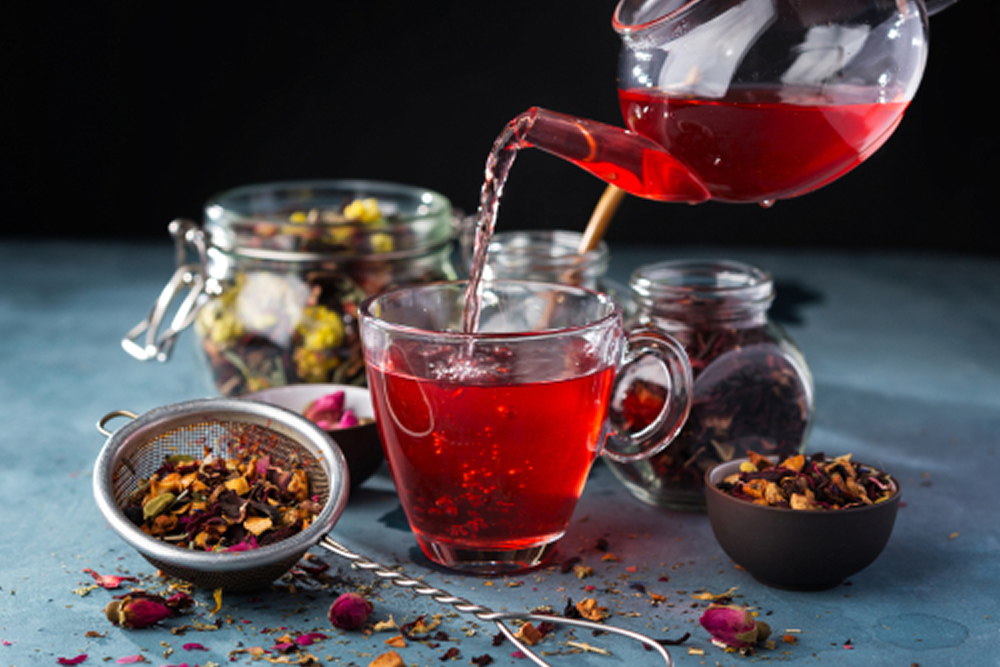
There are so many foods that are trending right now and promise miracles but have in fact been around for centuries. You will notice the benefits if you keep with foods that contain high levels of compounds known as antioxidants. These protect and delay the body from cell damage which causes aging. The foods that are popular may not necessarily benefit you. Try and keep with your Blood Type compliant foods as per the Eat Right 4 Your Type book. I have listed many herbs and foods that may be compliant to you but just check first.
Let’s start with some of the more commonly used foods as ideally, you don’t want to have to go to extremes to locate all these amazing foods when you already have most of them in your kitchen. There are some foods that you’ll find are seasonal but that is good because eating foods that are in season should be fresher and they also go with the natural rhythm of what our body requires during that particular season.
Here’s a list of some of the more important foods to encourage healthy glowing skin:
- Broccoli – contains Vit A, C and Zinc and Lutein. It also assists with hormone balance, which can affect the condition of your skin.
- Walnuts – high amount of Omega 3 Fatty acids and Vit E. I add these to my muesli. They’re tasty and add a nice crunch. They are also great added to a salad.
- Avocados – use the fruit or oil in your daily diet. Contains Vit A, E and D. It is also great to add to a face mask or base moisturiser.
- Dark Chocolate – a little sugar-free 70% plus dark chocolate contains anti-aging properties.
- Watermelon – contains the antioxidant Lycopene and a high water content. Lycopene is converted by the body into Vitamin A
- Carrots – high in beta-carotene which converts into Vit A, an important vitamin for skin health.
- Olive oil and Flaxseed oil – if you don’t use it in your food, take it from a spoon. I take a dessert spoon each day of Extra Virgin Olive oil and use it in salads and just before the end of cooking a stir fry.
- Strawberries – High in Vitamin C and can help revitalise and nourish the skin. Particularly good at helping balance oily skin.
- Kiwifruit – also high in Vitamin C and in encouraging the production of collagen.
- Other foods to include are eggs, salmon, other nuts such as almonds and pecans, pomegranates, celery, and berries.
You will find all the foods I’ve listed below contain high amounts of the following nutrients:
- Vitamin A & Beta Carotene (which converts into Vit. A) – one of the main anti-aging vitamins which promote the production of collagen. It is also an antioxidant so helps the body get rid of the damage from free radicals or oxidative stress.
- Vitamin C – also important for promoting the production of collagen which helps keep the skin supple.
- Vitamin E – very important for skin health and found in nuts, seeds, vegetable oils and also in other fruit and vegetables.
- Zinc – great for acne prone skin and also reducing scarring.
- Selenium – anti-aging by supplying the body with antioxidants to fight the free radical damage.
- Silica – the main component of collagen is Silica which makes it extremely important for youthful supple skin and helping keep it moisturised. A very understated mineral. Check out the Cellfood Silica.
- Lutein and Lycopene – protect the skin from UV damage which can cause premature aging. These are not made by the body so must be found from food sources or supplements.
- Omega 3 Fatty acids – important for keeping your skin moisturised, reducing sun damage and fighting inflammation.
There are so many more helpful tips for that gorgeous glowing skin but, unfortunately, I can’t include all of them. I have included, what I hope, is the most useful and easy to adhere to information which I’ve both experienced personally and gathered during my many years in my profession as a Medical Herbalist and Natural Health Practitioner.
If you have any other helpful tips you use or if you’ve tried any from our blog, please let us know as we’d love to hear from you. You can visit our Facebook page, or contact us.

